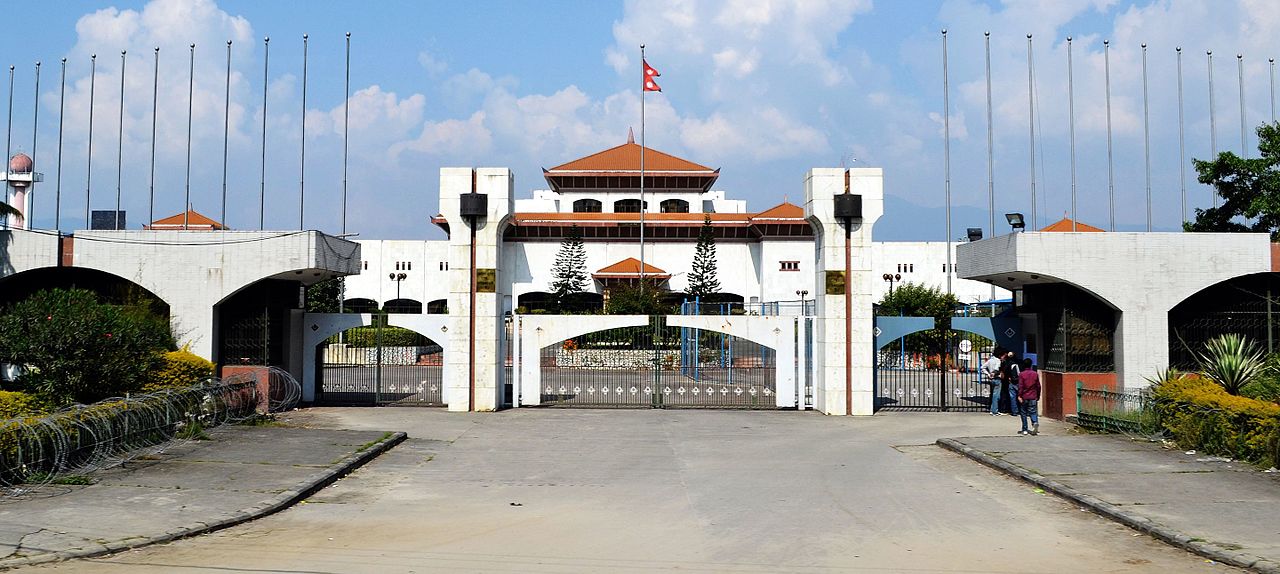Nepal’s constitution offers a flawed concept of democracy. The current constitutional crisis is, in part, an exhibition of those flaws.
In this five-part series, I explore the elements that make our constitution inherently frail and call on civilians to build a truly apolitical (or non-political) movement to save the constitution. This constitution may be flawed but it is our only and last hope.
Part II: A constitution or a truce
From the oldest codified constitution in the world, of the United States of America, to the youngest, of Nepal, have all resulted from dramatic political changes that marked the end of an era and the start of another.
Nepal’s constitution was the end result of a brutal civil war, marking the end of the monarchy and opened a new era of a democratic republic. It ended the country’s identity as a monolithic Hindu state and acknowledged its religious, cultural, and ethnic diversity.
At the same time, however, the constitution failed to depoliticize the end of the brutal civil war. The drafters made the tragic mistake of mingling the political and peace process and gave the parliament authority over the peace process.
In the 15 years since the signing of the comprehensive peace accord (CPA) that ended the civil war, there has been little meaningful progress on transitional justice, a vital component of the peace process. Although not specifically mentioned in the CPA, transitional justice was intended to be a holistic approach based on four key principles of truth, reparation, justice, and institutional reforms.
How exactly the transitional justice process would proceed was never made clear. Victims wanted room for prosecution. Maoists and political parties were pushing for blanket amnesty. How was the process to balance these two competing demands? As attention shifted to the integration of the Maoist militia and constitution-writing following the CPA’s signing, it became increasingly clear that the ultimate political authority would lie with those who could direct the process.
Rather than divorcing itself entirely from transitional justice, the constitution allowed political parties power to determine how the peace process would unfold. It granted parliament the authority to make laws governing the process, which the constituent assembly—also the parliament at the time—did to disastrous consequences.
Political influence over transitional peace stalled progress. In 2015, the Supreme Court ruled against parts of the Transitional Justice Act passed by parliament, finding that it allowed for amnesty even in cases of serious human rights abuses. The government’s appeal for a review of the Supreme Court’s decision was rejected five years later in April 2020, and only after hearings were postponed some two dozen times.
Key appointments in the Truth and Reconciliation Commission (TRC) and the Commission for Investigation on Enforced Disappearance Persons (CIEDP) have been subject to intense political negotiations between and within parties. Today, transitional justice remains mired in controversy and challenges. Approximately 2,500 complaints of disappearance and 63,000 cases of rights violations from the civil war era are pending at the TRC and the CIEDP.
A resolution of transitional justice remains unlikely, and the process itself has emerged as a political bargaining tool. Whoever holds political power and influence over parliament holds the key to the evolution of the process.
Nepal’s current constitutional crisis isn’t merely about who will hold this or that office, or whether the President or Prime Minister can dissolve parliament. At its core is a deeper struggle about who will direct transitional justice. That process holds the key to the fate of many political and military leaders, not just the Maoists. And in that source of power lies the inherent instability of Nepal’s constitution.
When the drafters had the opportunity to delink the constitution from transitional justice, they failed to do so. But why didn’t they? Probably because the biggest human rights abusers from the civil war were also the ones drafting the constitution.
This is where Nepal needs a new peaceful apolitical civilian uprising, one that delinks political power and transitional justice. Civilians cannot convict, but they hold immense power to deliver truth, reconciliation, and to transform our current constitution into a genuine platform for governance and development.











